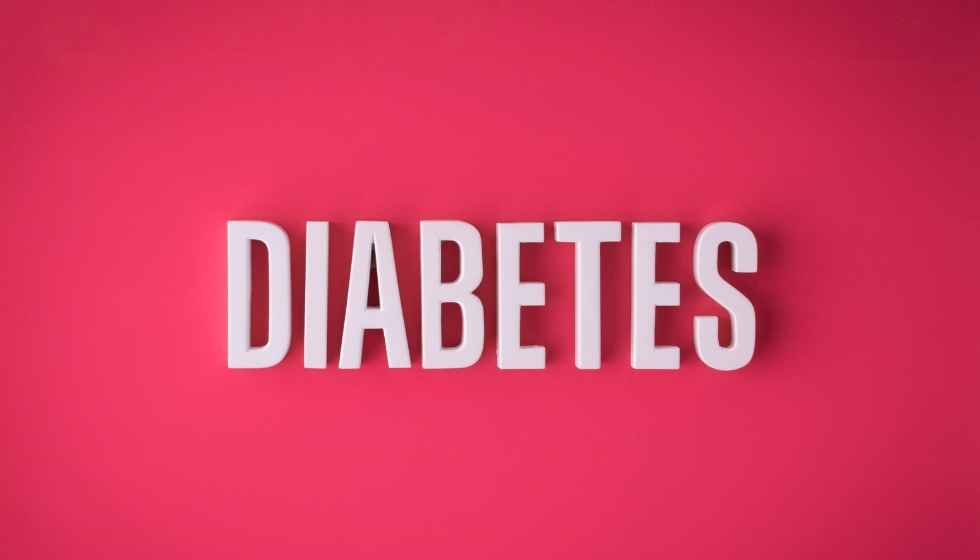In general, the symptoms of diabetes vary from person to person. The first stages of this disease show few signs, and therefore many do not know that they have diabetes. Here’s what to look out for!
Diabetes is a disease caused by an increase in blood sugar or glucose. It may sound relatively harmless, but this condition can affect the body in reality.
High blood sugar can damage your blood vessels, leading to serious health consequences, such as heart disease.
Therefore, it is essential to pay attention to even the most subtle symptoms from the onset of diabetes.
The important thing is to manage things in advance to minimise the risks to your health.
People with diabetes experience different symptoms, depending on the degree of hyperglycemia. When the sugar is controlled (average blood glucose levels or normoglycemia), the person will be without symptoms.
In the case of mild hyperglycemia, you may not notice symptoms, a common situation at the beginning of type 2 diabetes, which can thus go unnoticed for years before being diagnosed.
These may be some of the symptoms associated with diabetes:
Extreme Thirst
If you are constantly thirsty, this may be a sign of diabetes without explanation. This is because excess blood sugar is excreted in the urine, which can dehydrate you. Prolonged dehydration can also lead to nausea, dizziness or headache.
Frequent Urination
Urinating several times a day, especially at midnight, can be a sign of diabetes. The body increases urine production to remove excess sugar from the blood, which forms a vicious circle: you become dehydrated, so you drink more water and urinate more often.
Slow Healing of Wounds or Bruises
High blood sugar can affect blood flow, making it harder to heal wounds or bruises.
Extreme Hunger
A person who has diabetes may constantly experience a feeling of hunger.
Fatigue or Drowsiness
“Dehydration due to urination can cause fatigue or drowsiness,” points out the Mayo Clinic.
Common symptoms in the early stages of diabetes include:
- Blurred vision.
- Dry, itchy skin.
- Tingling or numbness in the hands or feet.
- Unexplained weight loss.
Sometimes skin infections can occur because too much sugar in the blood suppresses the body’s natural defences, such as white blood cell function. In addition, sugar provides excellent food for bacteria to grow.
Leg cramps at night and numb or tingling feet may result from nerve damage from prolonged high glucose levels, thus causing changes in the nerves.
Also Read: What is Colon Cancer


